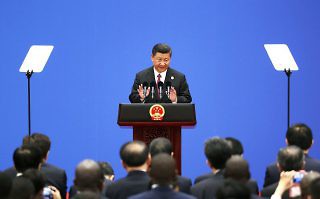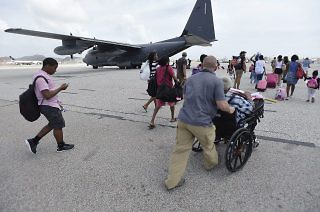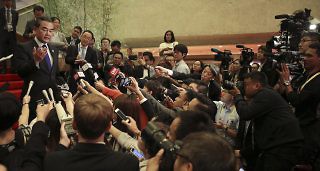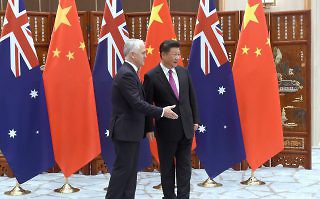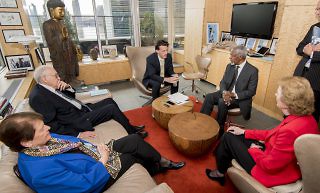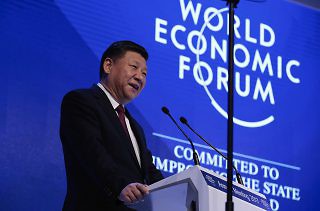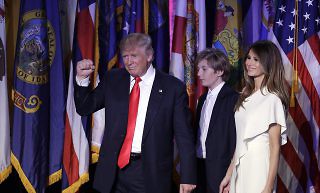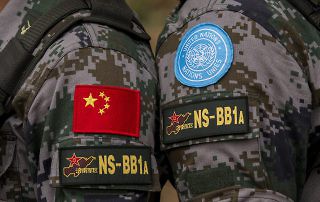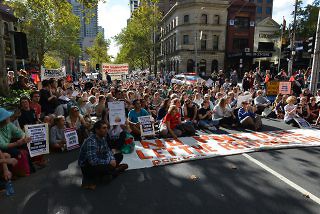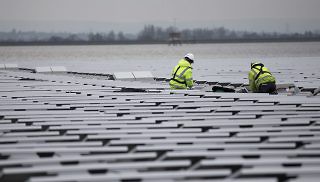In diving into global peacemaking efforts as a result of Belt and Road, Beijing may increasingly find itself out of its depth.
Author: James Bowen
-
-
United Nations Special Representative on International Migration Louise Arbour discusses the human mobility challenges now facing policymakers and politicians.
-
A mechanism to uphold the rule of law in the South China Sea has consistently been the standard that ASEAN members have demanded of China; it has been just as consistently rejected by Beijing.
-
Considerations of national interest are likely to be weighed even more assiduously in the wake of the recent revelations.
-
The Elders—Kofi Annan, Gro Harlem Brundtland, Lakhdar Brahimi, and Mary Robinson—discuss means of increasing international cooperation around climate change, migration, and other issues.
-
While the new US administration may not have targeted China directly, it has certainly taken several trade-related steps that may change the balance of international economic and political power.
-
The Trump election campaign’s strong opposition to immigration of all stripes—but particularly from Mexico and Muslim countries—appears to have been endorsed by his surprise win and could inspire other governments to continue building walls and enacting strong protections at a time of record human displacement.
-
China’s level of commitment to UNMISS objectives—and thus the general principles it would be expected to uphold in a DPKO leadership role—has been called into question.
-
Looking at the factors that have narrowed the Australian playing field might be instructive for others aiming to further curb its behavior and guard against wider adoption of similar practices.
-
Economic arguments against the necessary carbon-free revolution make increasingly less sense when politics are taken out of the equation.

